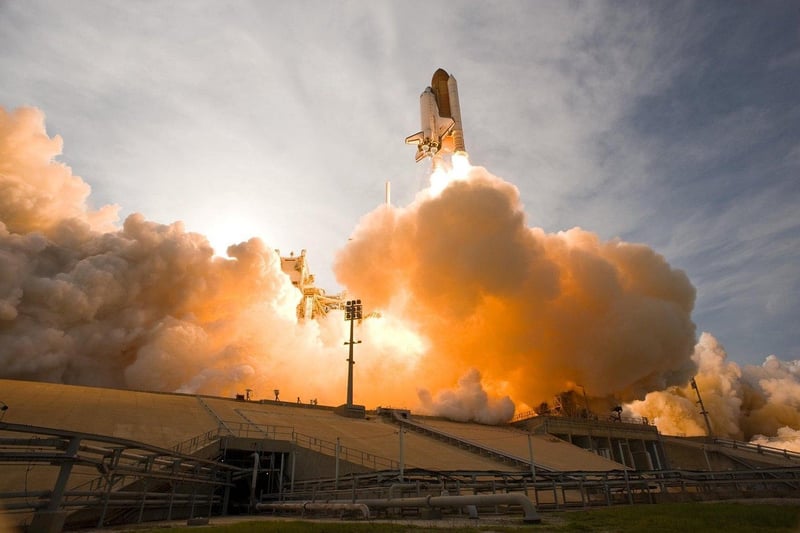Future Exploration
Exploring Different Eras and Future Exploration
Introduction
Exploration has been a fundamental aspect of human history, driving us to discover new lands, cultures, and technologies. From ancient times to the present day, exploration has shaped our world in monumental ways. Let's delve into different eras of exploration and ponder the possibilities of future exploration.
Ancient Exploration
Ancient civilizations like the Egyptians, Phoenicians, and Greeks were pioneers of exploration. They navigated the seas, establishing trade routes and expanding their empires. The Silk Road, connecting the East and West, was a testament to their adventurous spirit.

Age of Discovery
The Age of Discovery in the 15th to 17th centuries saw European explorers like Christopher Columbus, Vasco da Gama, and Magellan sail across the oceans, mapping new territories and encountering diverse cultures. This era marked a significant leap in global exploration.

Space Exploration
The 20th century witnessed the dawn of space exploration. Humans landed on the moon, sent probes to distant planets, and launched space stations. Organizations like NASA and SpaceX continue to push the boundaries of space exploration, inspiring future generations.

Future Exploration
As we look to the future, the possibilities for exploration are endless. Advancements in robotics, artificial intelligence, and space travel offer new frontiers to explore. Mars colonization, deep-sea exploration, and interstellar travel are just a few of the exciting prospects on the horizon.
Conclusion
Exploration is ingrained in the human spirit, driving us to seek the unknown and expand our horizons. By reflecting on past eras of exploration and embracing future possibilities, we can continue to push the boundaries of knowledge and discovery.
